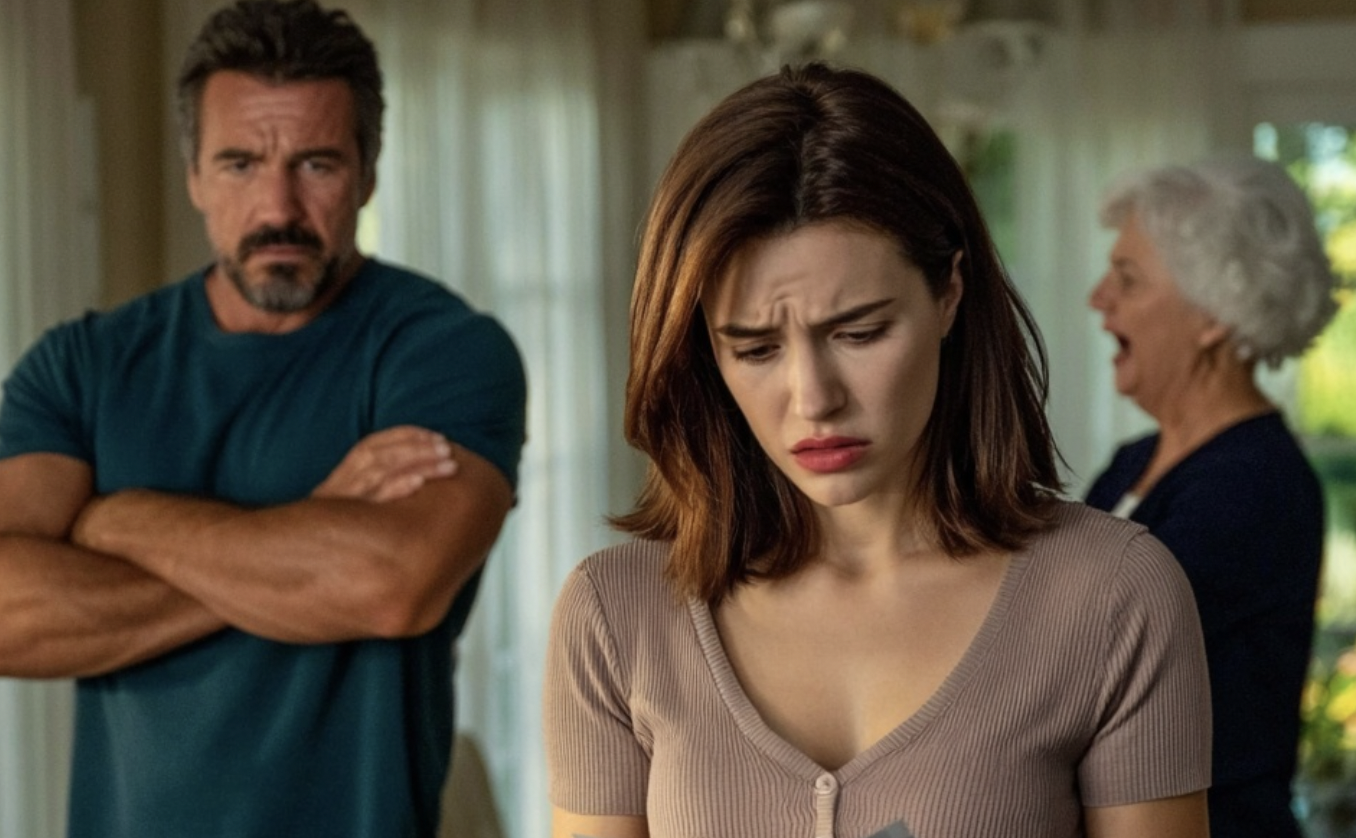Tatyana accidentally found out about her husband’s affair.
Tatiana found out about her husband’s affair by accident. As so often happens, wives are the last to know. Only later did Tatiana grasp the meaning of her colleagues’ strange looks and the whispers behind her back. Everyone at work knew that her best friend, Nadezhda, was having an affair with her husband, Andrei. But … Read more









